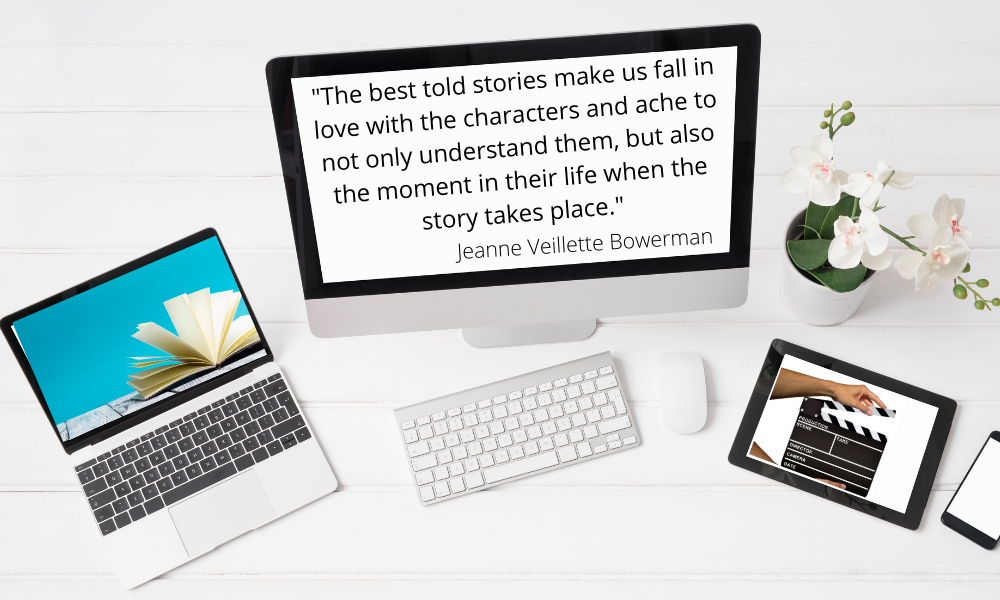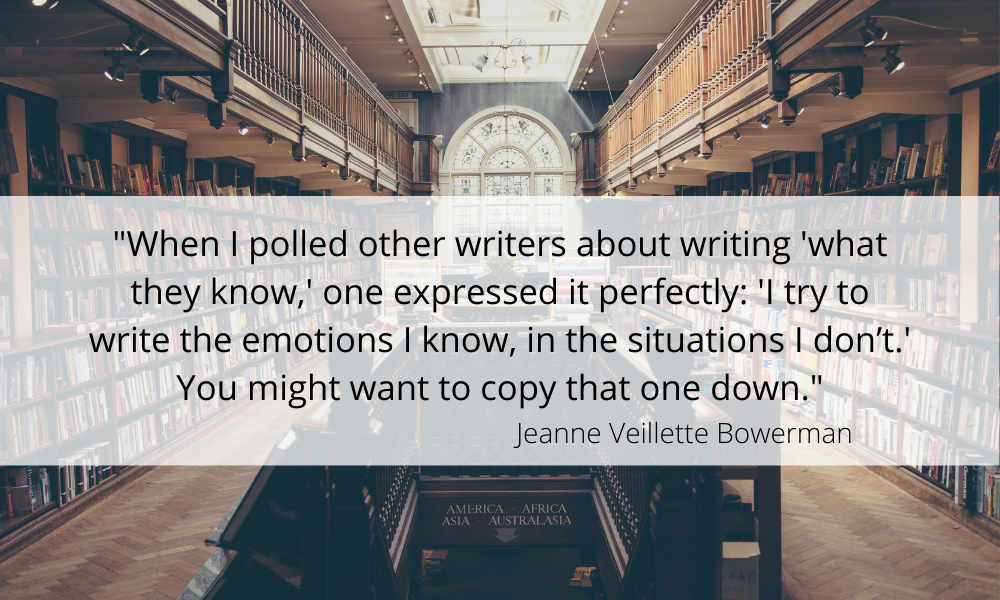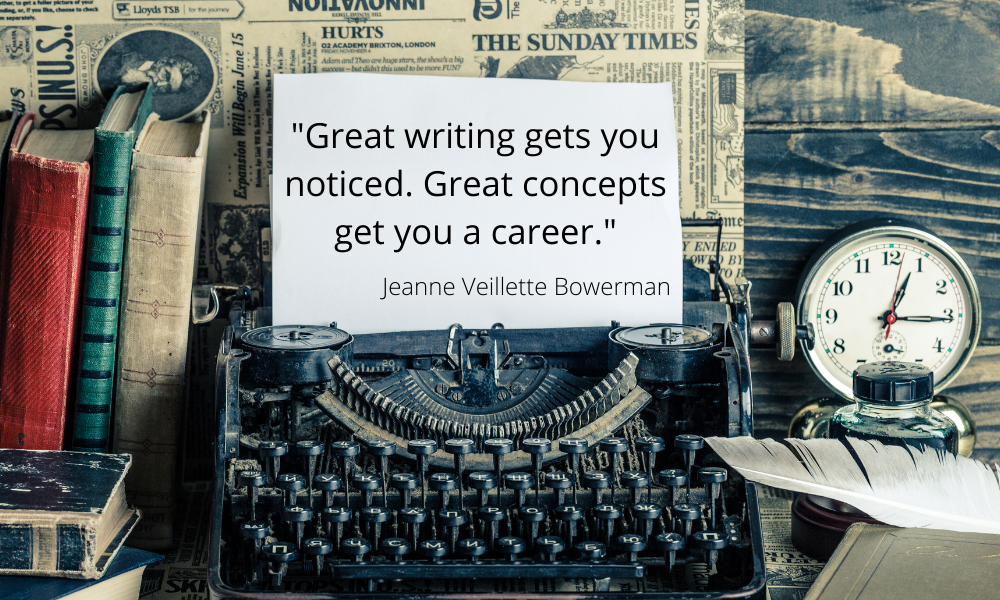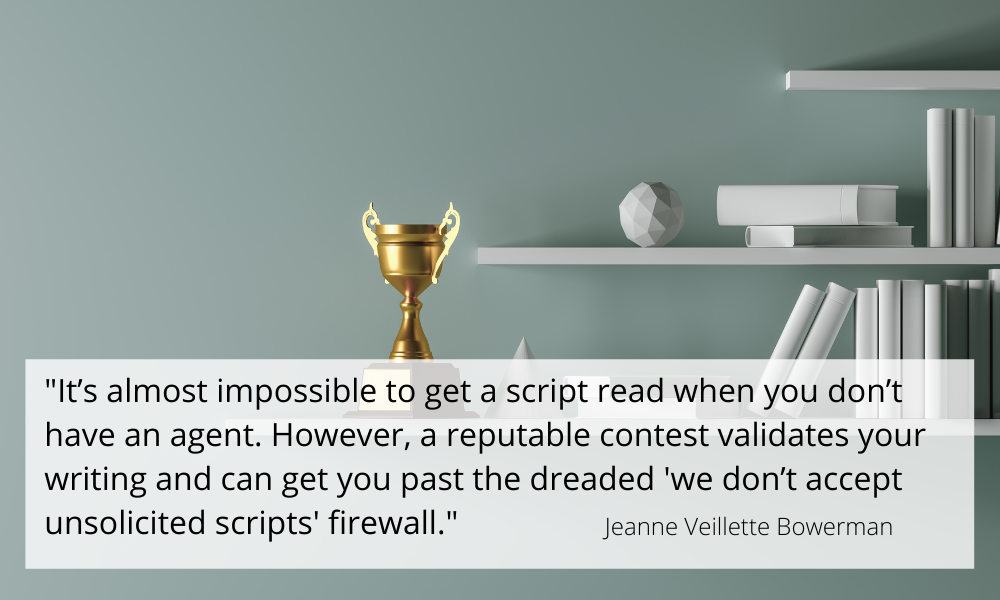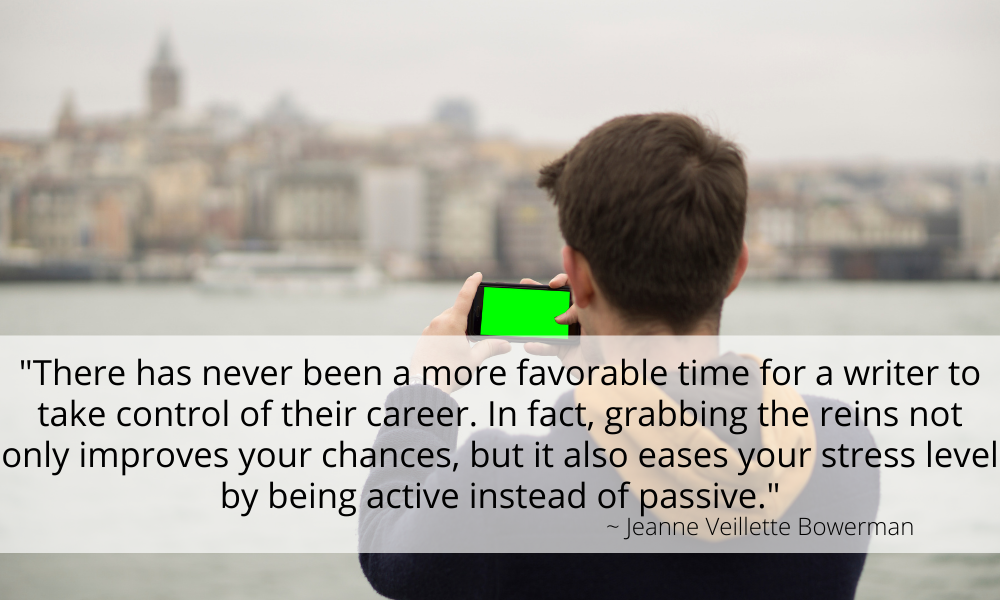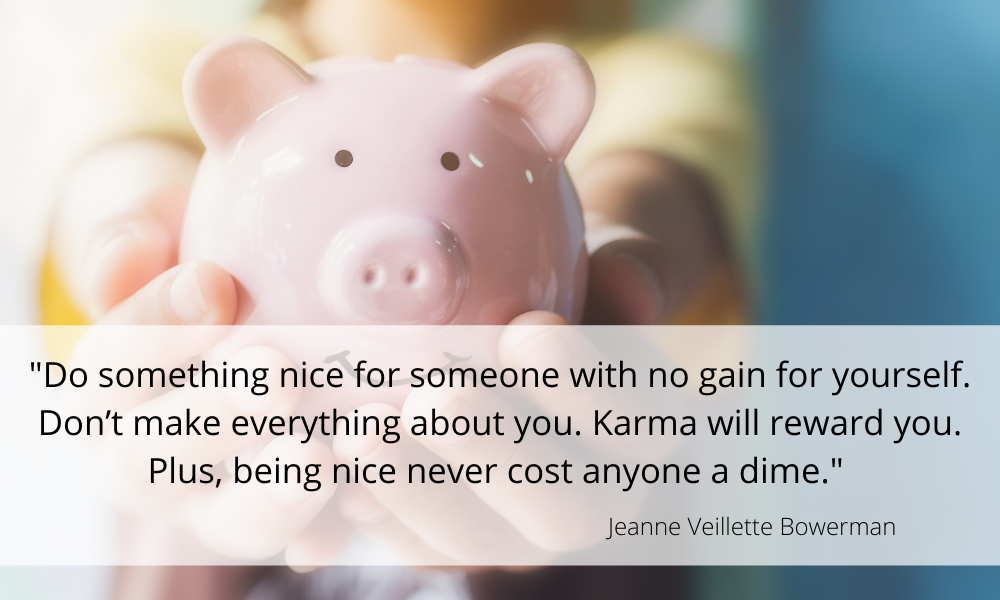First Success: Gigi Levangie Grazer’s Rescue Me
Gigi Levangie Grazer, a screenwriter whose original screenplay Stepmom became a movie starring Julia Roberts and Susan Sarandon, is celebrating the release of her first novel Rescue Me (Simon & Schuster). Grazer talks to Writer’s Digest about her inspiration, plans for her next project and her various writing habits and rituals.
Writer's Digest: What is your book about?
Gigi Levangie Grazer:Rescue Me (Simon & Schuster) starts as the story of an upper-middle class suburban housewife, miserable in her comfortable existence, who wishes she could go back in time, ten years, to the man who was her one true love. This is the tragicomic story of how she makes that journey. (Is tragicomic a word? If it's not, it should be.)
WD: Where and how do you write? Any writing rituals?
GLG: Currently, as I am the mother of a fresh new baby boy, I am writing on my laptop at the kitchen table, dodging spit-up. Usually, I write at a tiny, closet-size office I have near the beach, cut off from ringing phones and friendly neighbors—a ringing phone is the international siren call to the procrastinating writer. Occasionally, I have been lucky enough to find myself in a hotel room; my best writing has been fueled by room service and thick terry cloth robes.
As for writing rituals, I make a live sacrifice of a young goat every Tuesday morning, preferably before dawn. Okay, not really. My writing ritual now is to write five days a week, from 9 a.m. on, broken up by my baby's incessant need to be fed. Go figure.
Seriously, I view writing very much as a regular job. That means, five days a week, starting in the morning and ending four to five hours after that. Consistency is my savior.
WD: What advice can you offer new writers?
GLG: It's funny, that term—new writers. I feel that every time I embark on a project, I am a new writer.
The best advice I can give anyone, if they're interested (or desperate) enough to ask, is to never give up. Let me repeat that: Never give up. Perseverance is key.
WD: Do you have one essential writing rule?
GLG: My essential writing rule is to start.
WD: As a writer, who are your biggest influences?
GLG: As a writer, a lot of my strongest influences are athletes, mainly track stars—people who achieve the impossible, whether it's breaking the four-minute mile or becoming the world's fastest human being. I am in awe of their talent and dedication. I equate the training of an athlete to the training of a writer—consistency, determination and faith.
By the way, the fact that they have fantastic physiques has nothing to do with my borderline-obsessional interest. Nothing. Really.
My biggest writing influences have been Roald Dahl, Harper Lee, F. Scott Fitzgerald, Dickens, Gabriel Garcia Marquez, Shakespeare, Annie LaMott, Truman Capote, my tenth grade writing teacher, Harry Majors...the list is endless and disconnected and makes no empirical sense.
I'd like to add that the people, ordinary and extraordinary, I've crossed paths with throughout my life are also strong influences on my writing. Every person is a book.
WD: What did you learn from writing this book?
GLG: I learned that the small steps really do add up; write a few paragraphs, a few lines, a few words a day. If you know your ending, you will get there.
WD: What was your biggest surprise about working with a publishing house as opposed to a movie or television studio?
GLG: When my editor said to me, "I'm sending you my notes, but it's up to you whether you do them or not."
WD: How does writing a novel differ from writing a screenplay? Which do you find more challenging?
GLG: There is more freedom in writing a novel; write dialogue between a dog and a chimpanzee, write a paragraph that goes on for two pages about recent temperature fluctuations in the Antarctica, write a chapter in iambic pentameter—you are free to write whatever comes to mind.
And the publisher is free to not publish, of course.
The challenge in writing a novel comes from that freedom—writing a novel is akin to performing a high-wire act. There is no one to save you—there is no one to blame. There is just you.
WD: Why did you pursue this particular idea as a novel rather than a screenplay? Any plans to make it a screenplay?
GLG: I had written almost a dozen screenplays before attempting this novel. And I had had the full spectrum of experience in Hollywood as a screenwriter—anywhere from being fired right away (the first line of defense for a studio in making a movie: fire the writer) to seeing my original vision become an actual film with movie stars, and then being fired.
And I found that, although I enjoyed screenwriting, I missed something: independence. I liken it to being a long-distance runner as opposed to a team player—I am somewhat of a loner in my day-to-day existence, and writing a novel fit in with that comfortable little picture of myself. It made me feel true to the chubby eight-year-old living inside of me—the one who would stay indoors on beautiful Southern California mornings reading Bronte after Dahl after Kipling...
I am planning to adapt my novel into a screenplay. The director Carl Franklin is attached, as well as his producing partner Jesse Beaton. We are currently in talks with a major movie star for the lead role.
WD: What's next?
GLG: Currently, I'm working on a script for Universal, a comedy that takes place in the porn world. I'm having many interesting research meetings with various porn stars—which has completely turned me off to any kind of sex, unfortunately. After that, there are two novels I'm interested in writing—one that deals with the daughter of Russian immigrants in Los Angeles who gets involved with a wealthy, amoral group of kids; another that delves into the relationship of a young, British baby nurse to her dysfunctional celebrity clients.
The one thing these concepts have in common is that they deal with class structure, an obsession of mine. Anyone who was ever born on the wrong side of the tracks will empathize.
WD: Is there anything else you would like to add?
GLG: I have a motto: "The slower you go, the faster you get there."
It basically means, don't move any faster than you absolutely have to. Don't be in a rush. Don't put false deadlines on your work. Just do the one thing: Keep moving forward.
It's so much more than others will do.
Gigi Levangie Grazer is a screenwriter whose original screenplay Stepmom became a movie starring Julia Roberts and Susan Sarandon.



